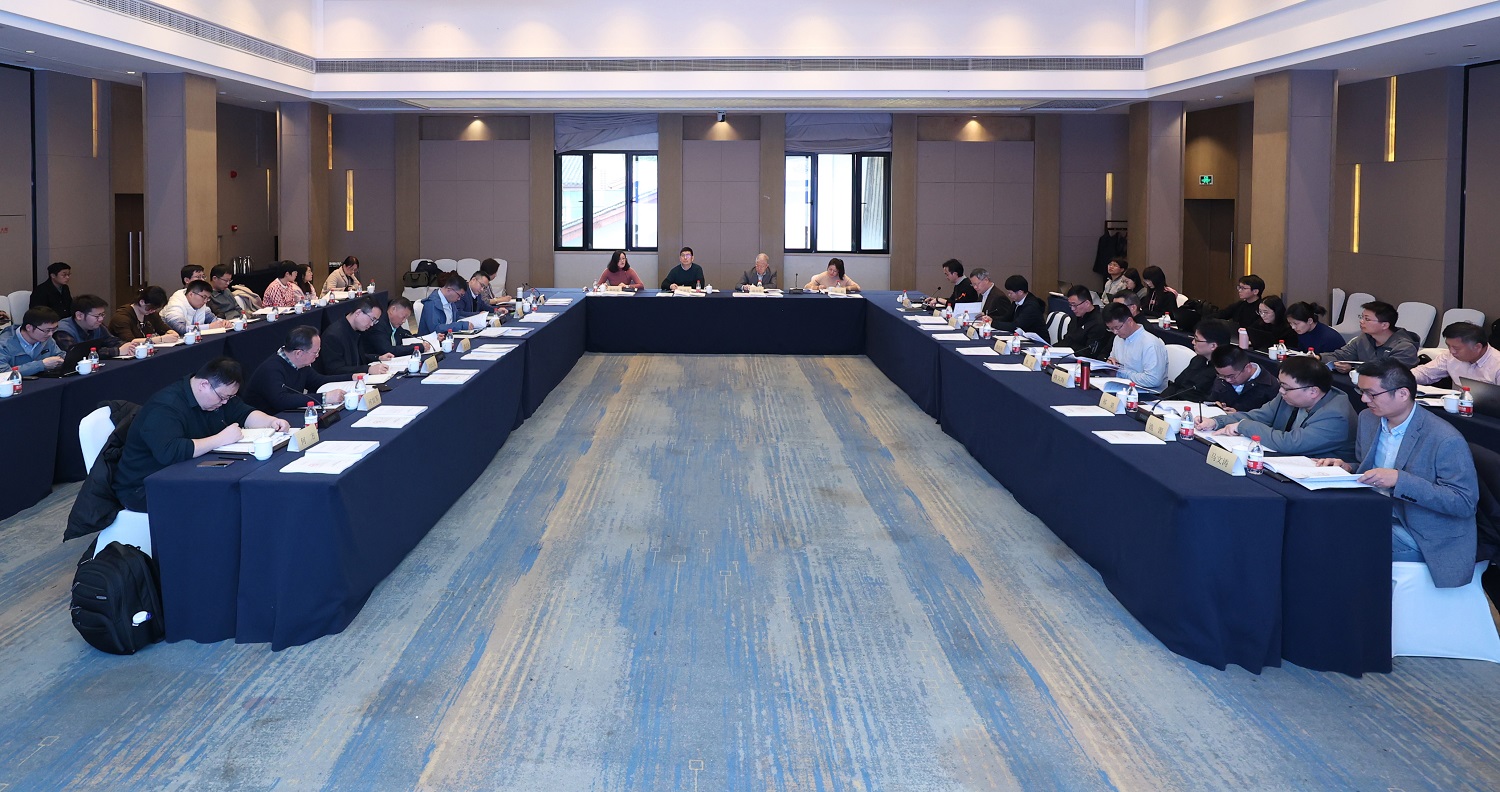
Recently, a joint meeting to launch and review the implementation plan was held in Hangzhou for three National Key Research and Development Programs led by the State Key Laboratory of Satellite Ocean Environment Dynamics at the Second Institute of Oceanography, Ministry of Natural Resources. These programs include: "Key technologies for monitoring and evaluating nearshore ecological quality and environmental zoning control"; "Active and passive remote sensing detection technology and equipment for upper ocean water elements"; and "Carbon sink inventory, control mechanisms, and increasing sink capacity in typical nearshore carbon sink functional areas". The meeting was attended by an advisory expert team, including the Academician Jiang Xingwei and eight other experts, alongside representatives from the Ministry of Natural Resources and the China 21st Century Agenda Management Center serving as industry and project management departments.
Deputy Director Chen Jianfang, representing the project undertaking unit, emphasized the Second Institute of Oceanography's commitment to enhancing project process management. This focus aims to ensure that the three projects achieve their goals with high quality. Jie Xiaomeng from the 21st Century Center outlined the strategic framework of the "Marine Environmental Security and Sustainable Development of Islands and Reefs" key project during the "14th Five-Year Plan" period. Emphasizing its pivotal role in national strategic objectives, she urged all sectors to strengthen collaboration to ensure these projects are completed to high standards.
Academician Jiang Xingwei chaired the demonstration meeting for the project implementation plans. Leaders of the three projects—Chen Jianfang, Mao Zhihua, and He Xianqiang—presented their respective plans. The advisory expert group thoroughly reviewed and endorsed the plans, offering detailed guidance on assessment indicators, overall coordination, and application demonstrations. Following constructive discussions, the expert group unanimously approved the project implementation plans.
Following the joint project launch meeting, each project team conducted separate sessions to further refine their implementation plans. These sessions facilitated in-depth discussions between project teams and consulting experts aimed at optimizing the plans.